More Frequent And Severe Storms
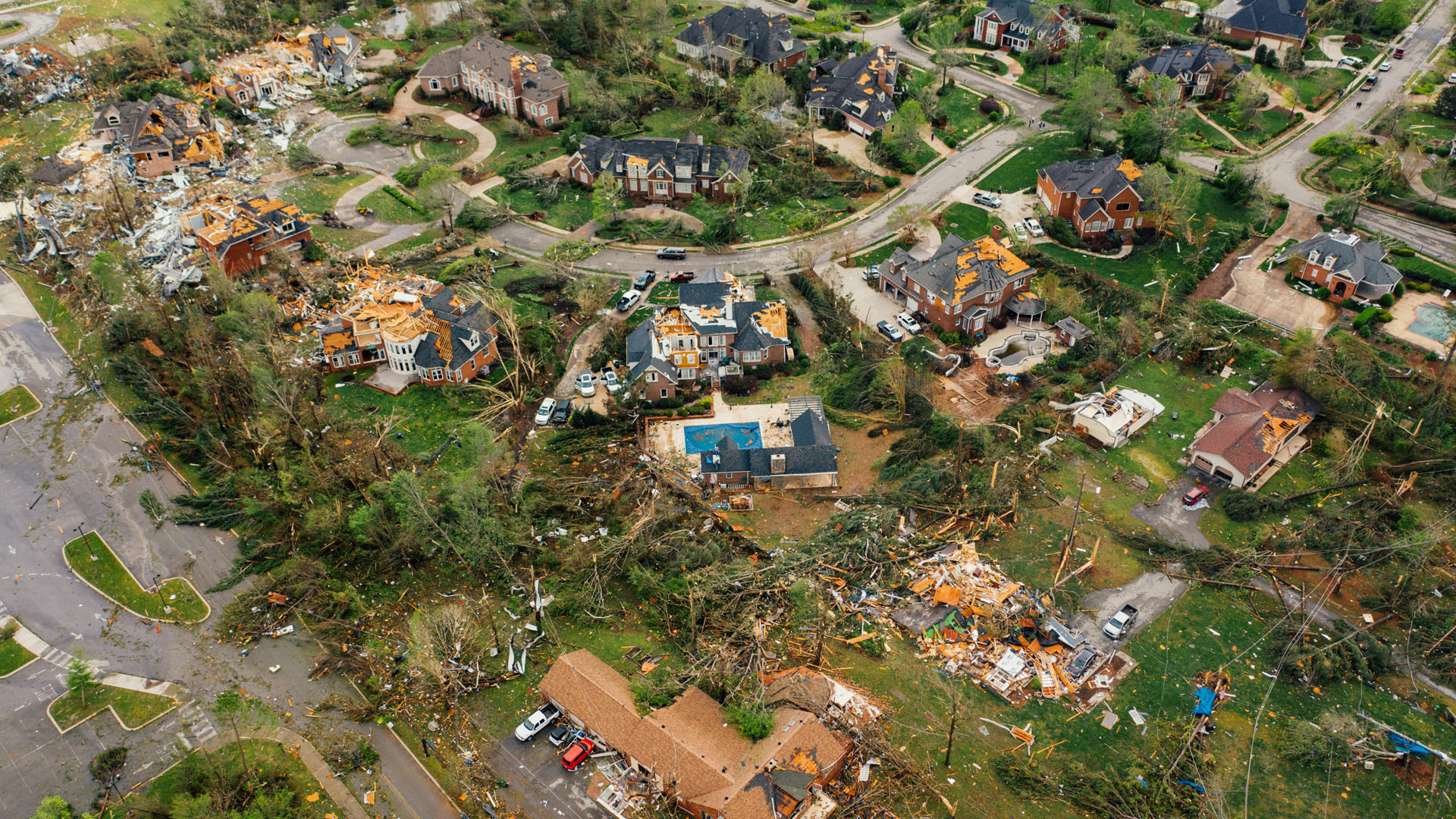
Global warming increases the frequency and intensity of storms, including hurricanes and typhoons. Warmer ocean temperatures provide more energy for storm systems, resulting in more powerful and destructive weather events. Coastal zones face greater risks of flooding, wind damage, and storm surges, which can devastate infrastructure and communities.
Loss Of Biodiversity
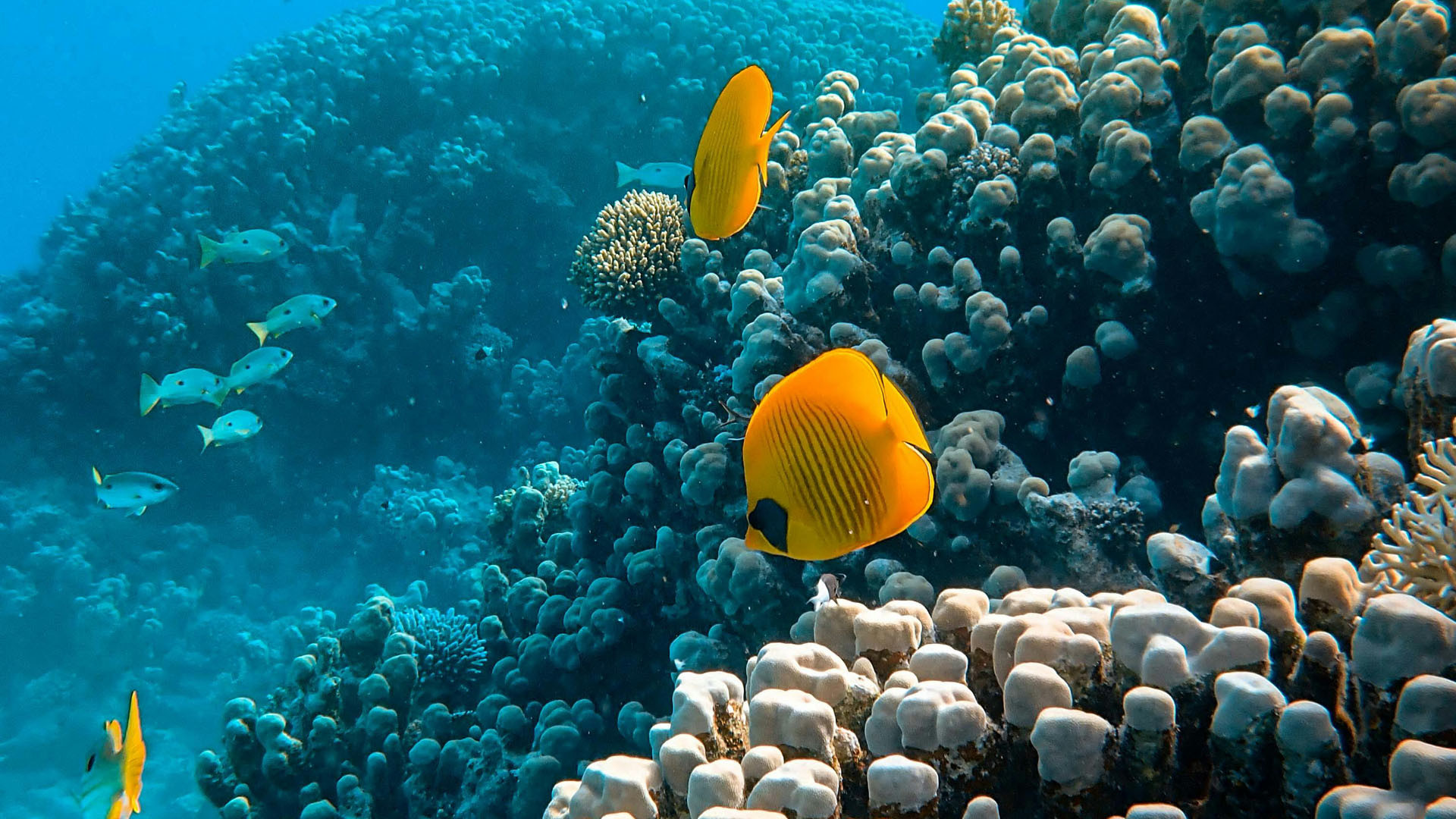
Coastal ecosystems, such as mangroves, coral reefs, and salt marshes, are highly sensitive to changes in temperature and sea levels. Global warming threatens these habitats, leading to the loss of biodiversity. Species that depend on specific environmental conditions may face extinction if they cannot adapt or migrate to new areas.
Mitigation And Adaptation Strategies
By implementing mitigation and adaptation strategies, such as reducing emissions, protecting natural ecosystems, and engaging communities, we can work towards safeguarding our coastal zones for future generations.
Mitigation Efforts
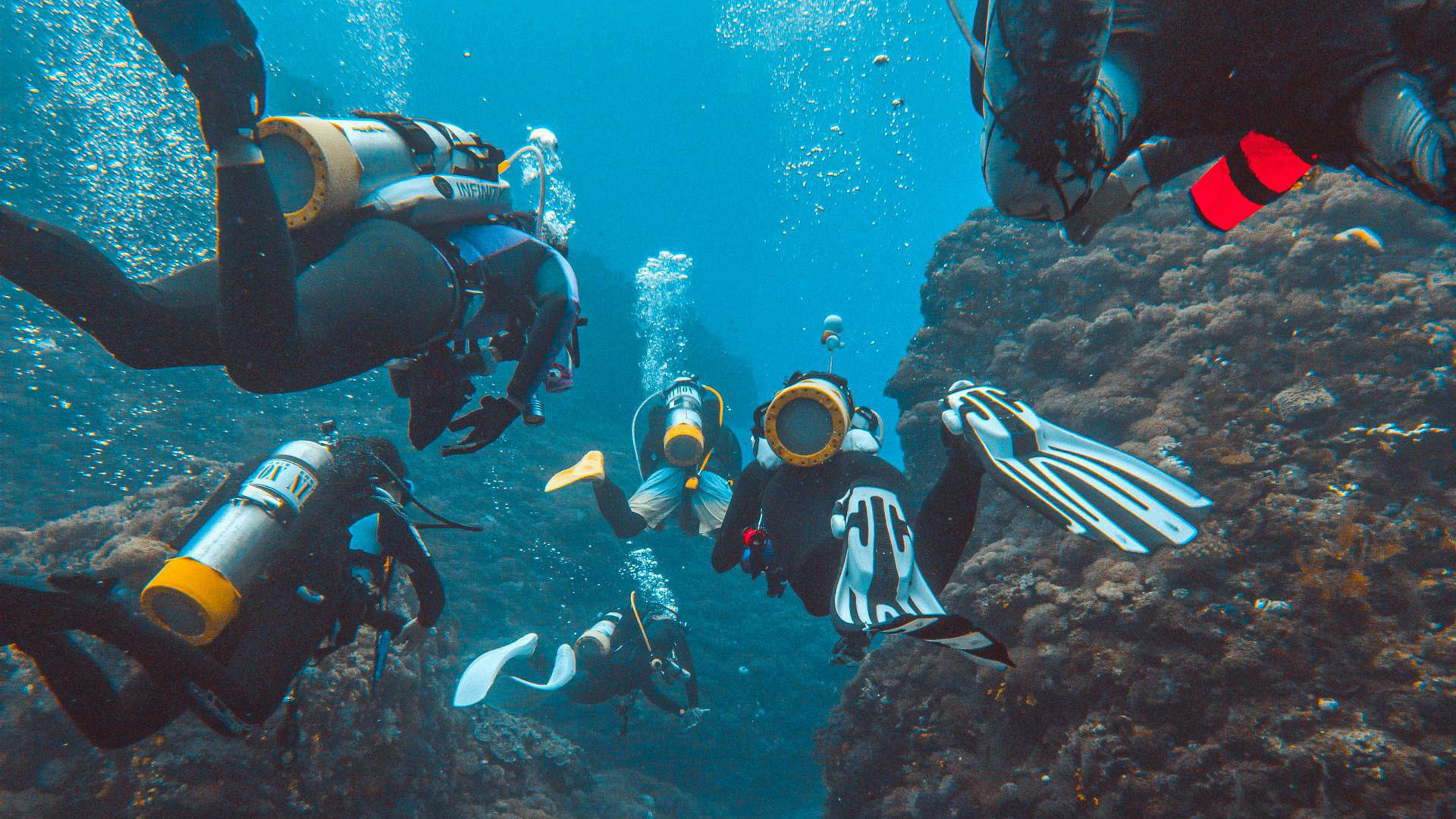
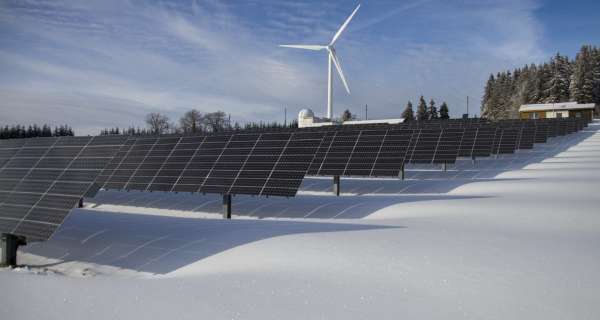

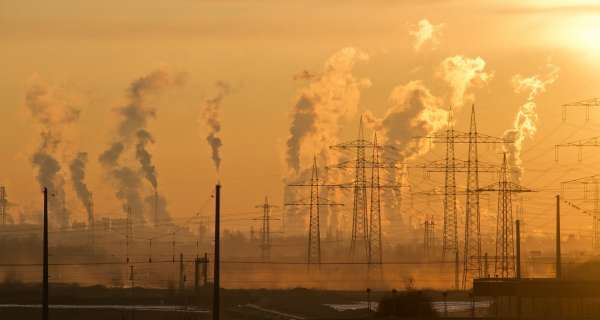






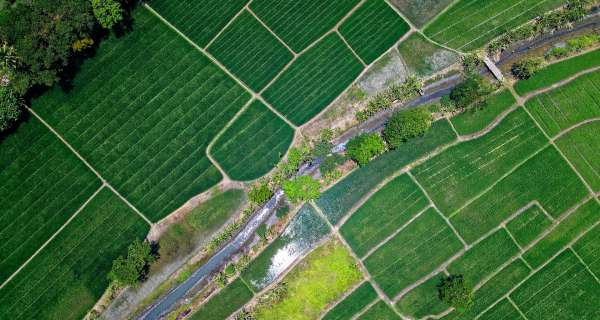





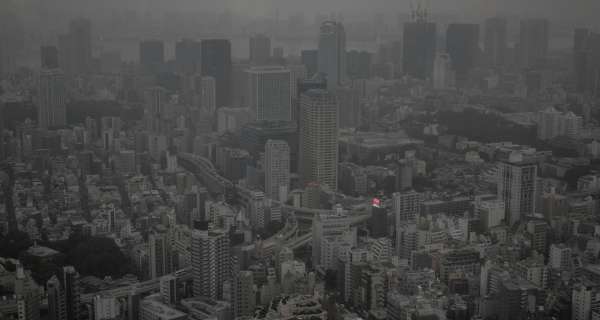









0 Comments